When we think of prehistoric life, we often picture massive beasts like Tyrannosaurus rex or woolly mammoths towering above us. But did you know that some of the most fascinating prehistoric animals were actually incredibly small?
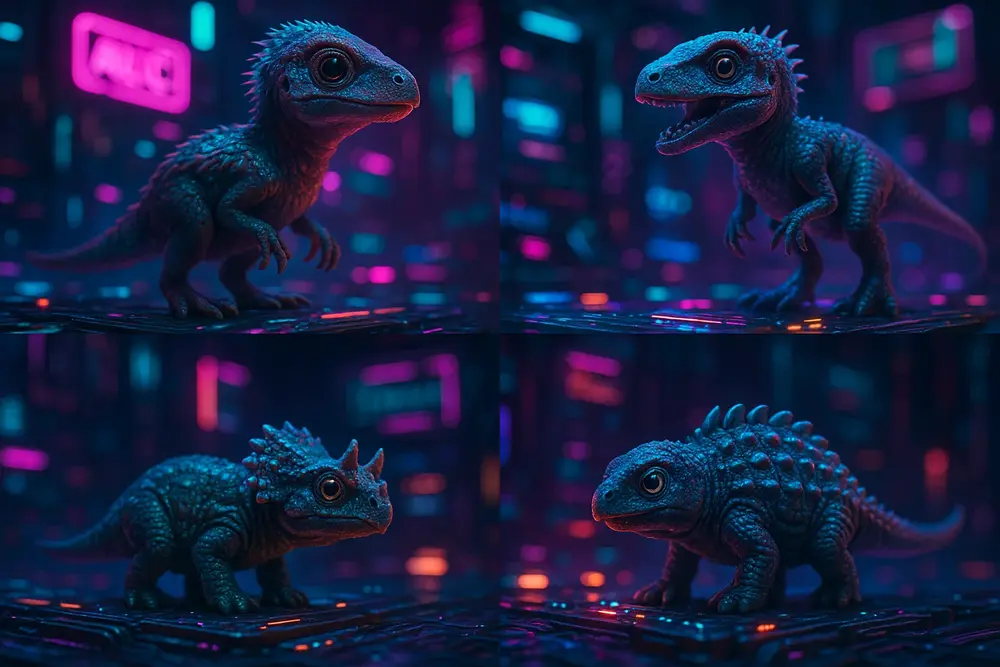
From feathered raptors the size of a chicken to lizard-like mammals barely bigger than a thumb, these miniature marvels coexisted with the giants—and some even evolved into them. Whether due to isolated island environments, evolutionary pressure, or ancient ecosystem dynamics, these tiny creatures prove that size isn't everything in nature.
Here are 19 of the smallest—and most extraordinary—prehistoric animals ever discovered.
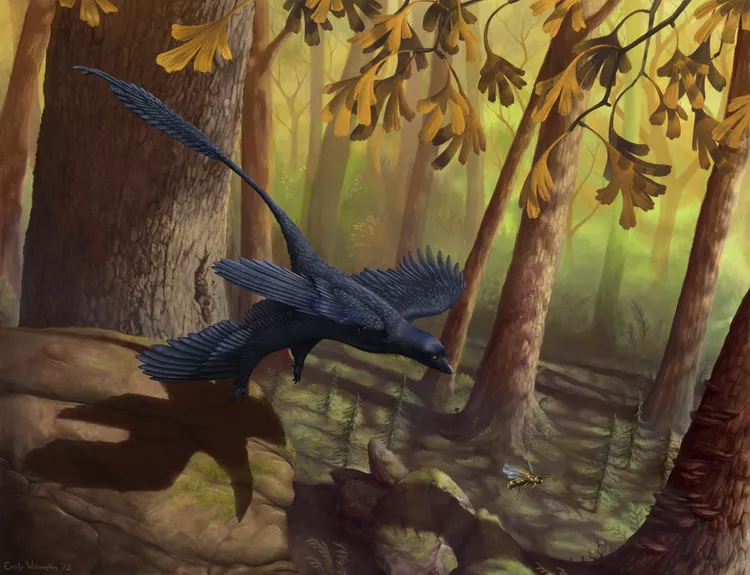
This Early Cretaceous dinosaur had four wings and feathers, resembling a strange, flying pigeon. Despite its size (about 2 feet long), Microraptor was a true raptor and likely fed on insects.
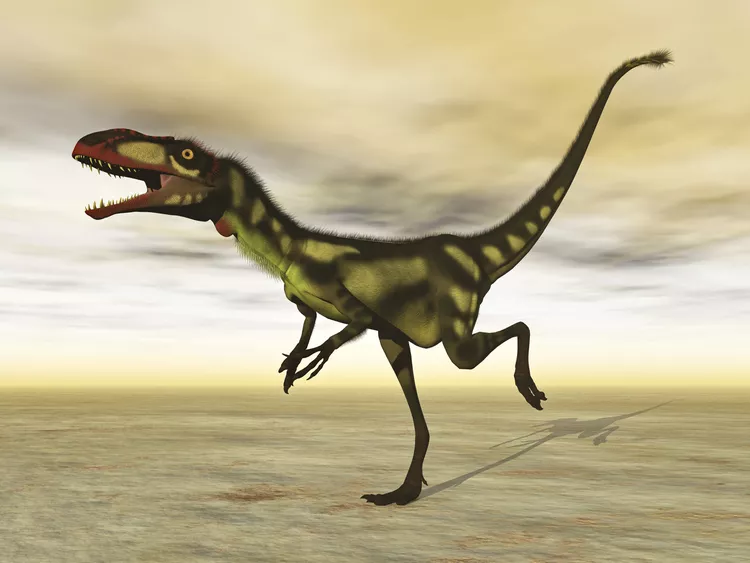
An ancient cousin of T. rex, Dilong was feathered and only weighed around 25 pounds. It lived 60 million years before its colossal descendant.
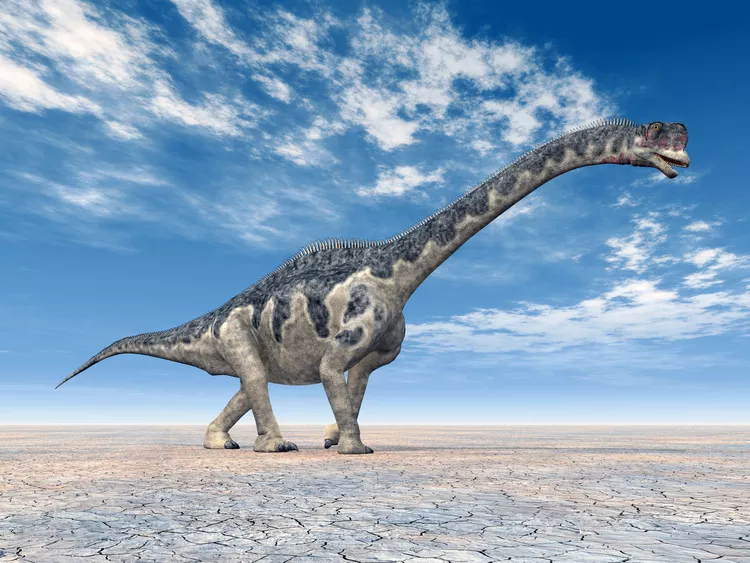
Most sauropods were giants, but Europasaurus—living on an isolated island—was only 10 feet long and ox-sized.
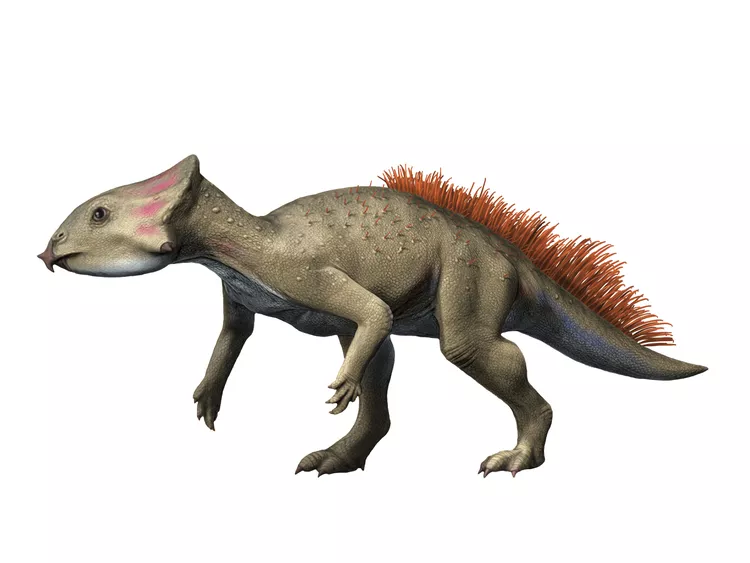
This early ancestor of Triceratops weighed just 3 pounds. Despite its tiny frame, its lineage produced some of the most iconic ceratopsians.
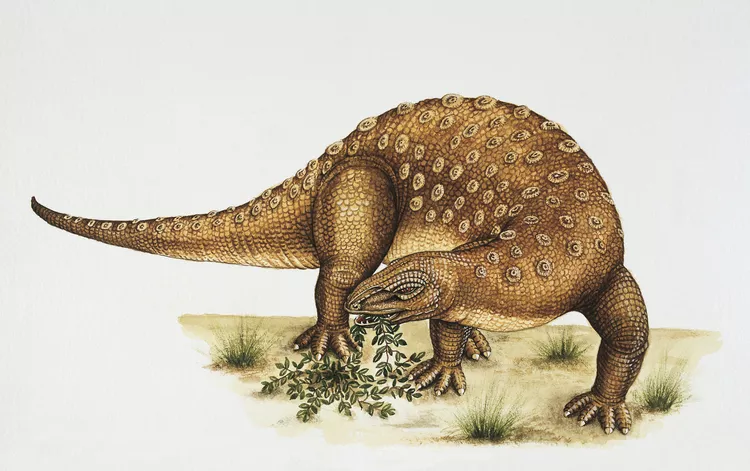
Minmi was a small ankylosaur from Australia with body armor but lacked the massive size of later armored dinosaurs.
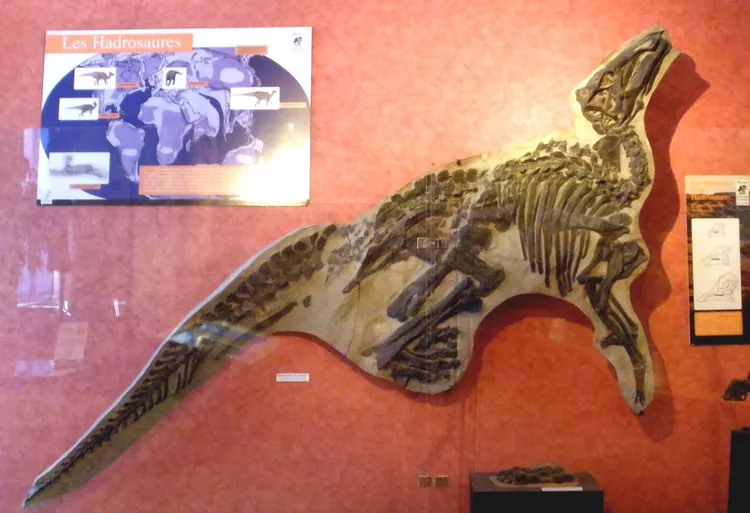
This hadrosaur from Italy is a classic example of "island dwarfism," evolving a reduced size in a restricted habitat.

Named after a female paleontologist, this nimble South American dinosaur was lightweight and herbivorous.
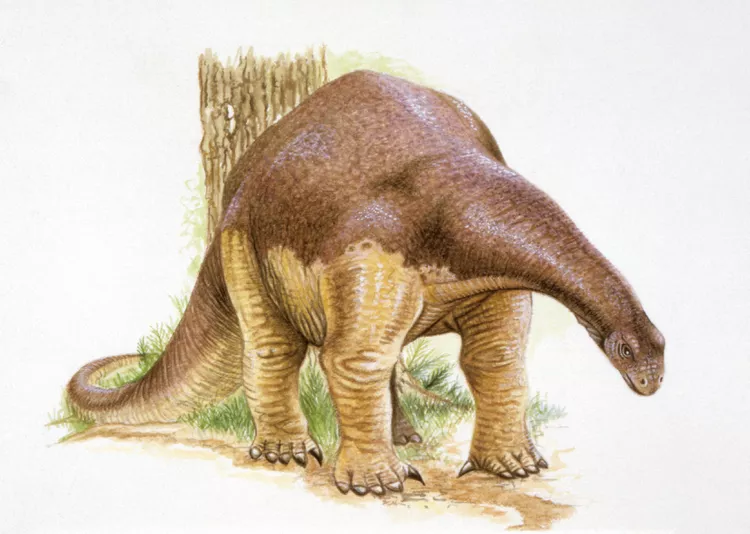
While titanosaurs are usually gigantic, this Romanian island-dweller was barely one ton in weight.
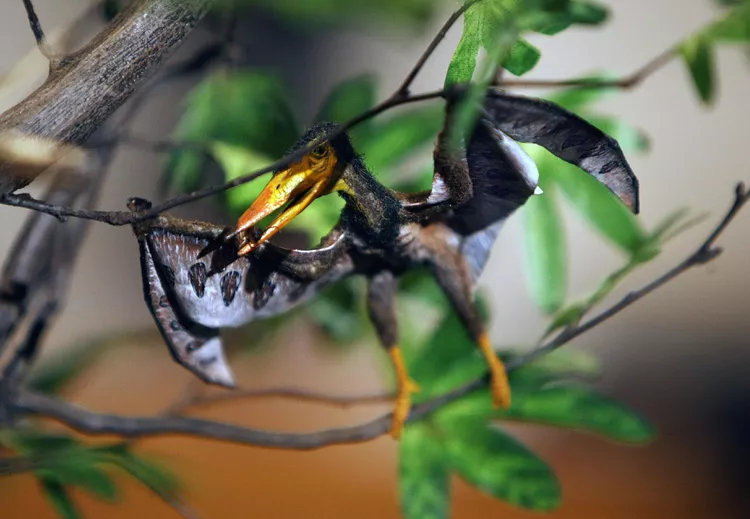
With a wingspan of just 10 inches, Nemicolopterus is the smallest flying reptile ever discovered.

A tiny ichthyosaur from the Early Triassic period, it weighed only 5 pounds but heralded the rise of marine reptiles.
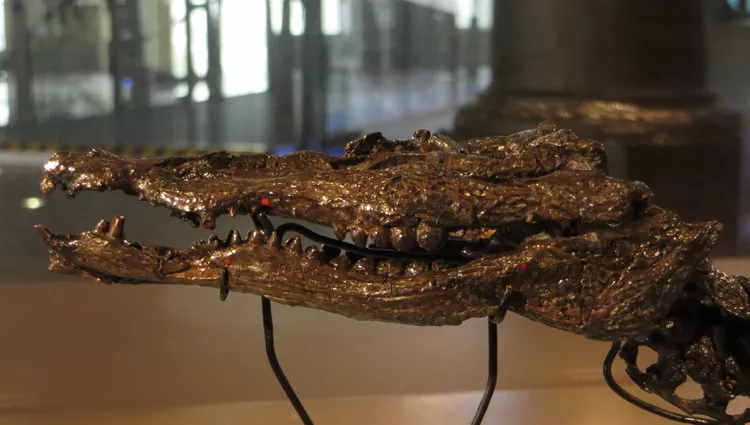
This early crocodilian was about the size of a house cat, yet had all the trademarks of modern crocs.
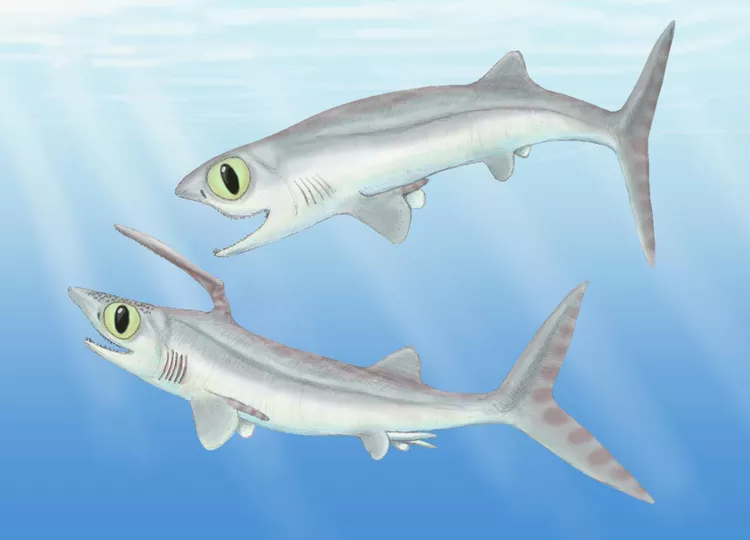
This sharp-spined, bug-eyed predator lived 300 million years ago, long before Megalodon roamed the oceans.
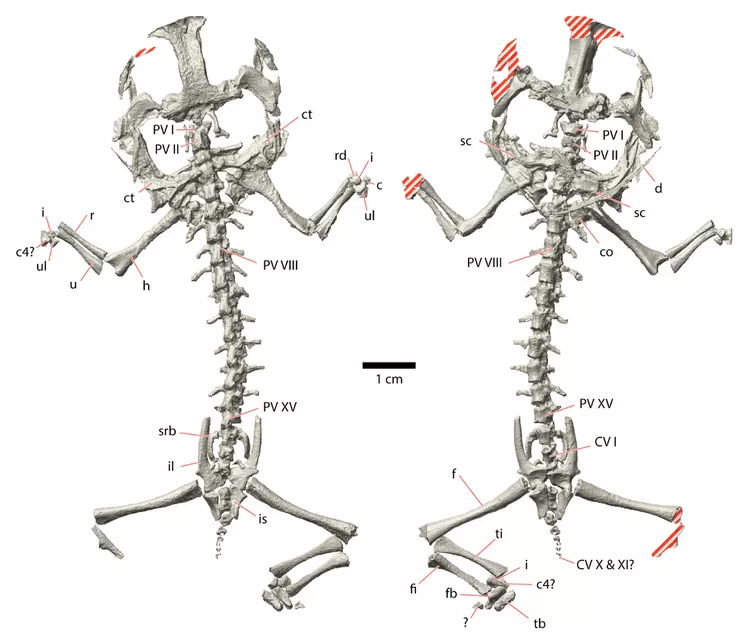
An ancient frog ancestor from Madagascar, it was one of the tiniest land vertebrates after the Permian extinction.
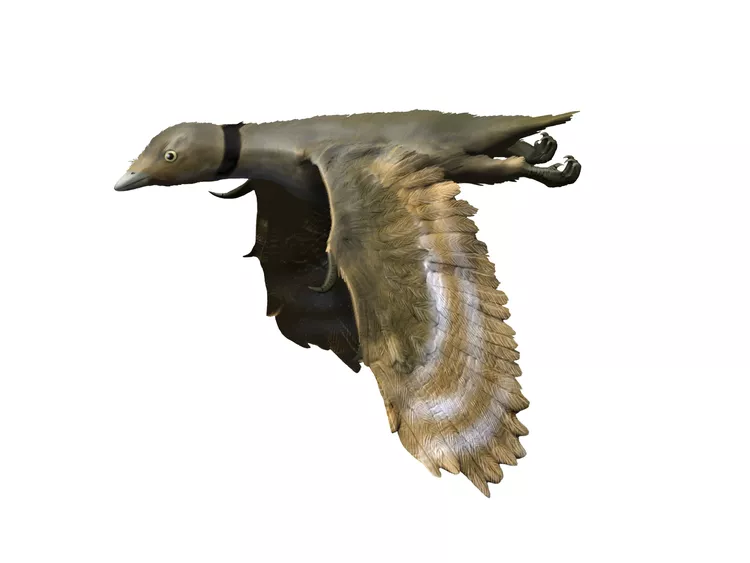
With claws on its wings and teeth in its beak, this finch-sized bird reveals the evolutionary bridge between dinosaurs and birds.
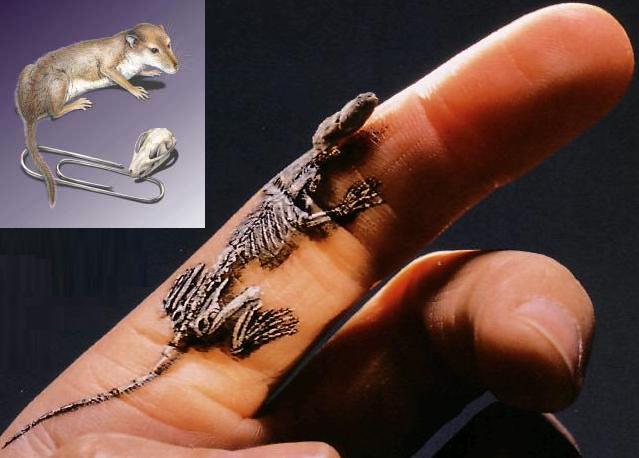
One of the tiniest mammals ever, Hadrocodium had a large brain relative to its size and measured just 1 inch long.
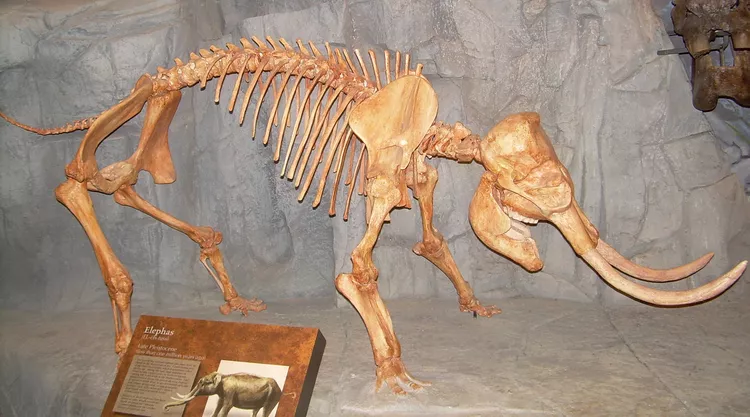
Isolated on Mediterranean islands, these tiny Elephants-Are-Endangered.html">elephants were scaled-down versions of mammoths and modern Elephants-Are-Endangered.html">elephants.
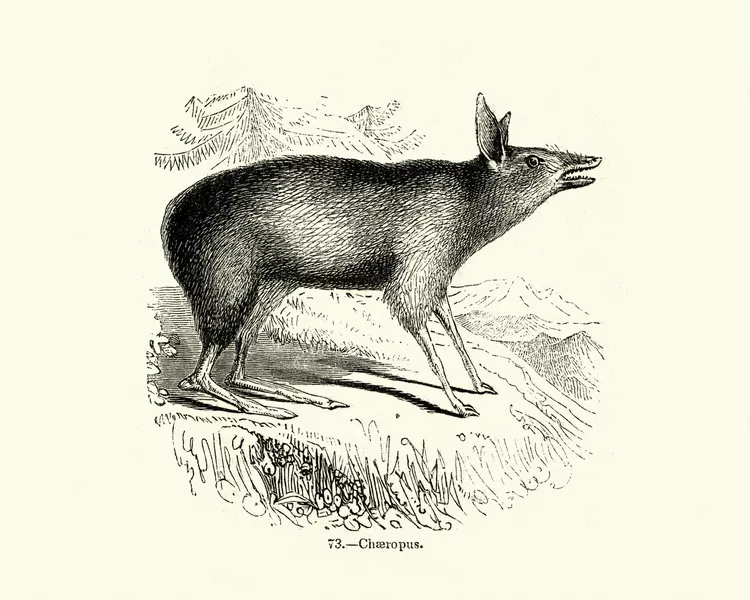
Native to Australia, this delicate marsupial with long limbs went extinct shortly after European colonization.
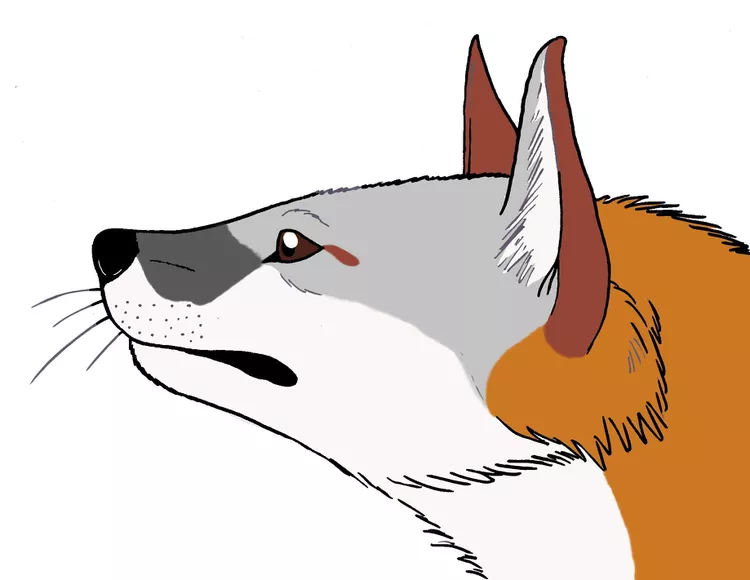
An ancient dog ancestor that lived for 25 million years, Leptocyon was small, swift, and surprisingly successful.
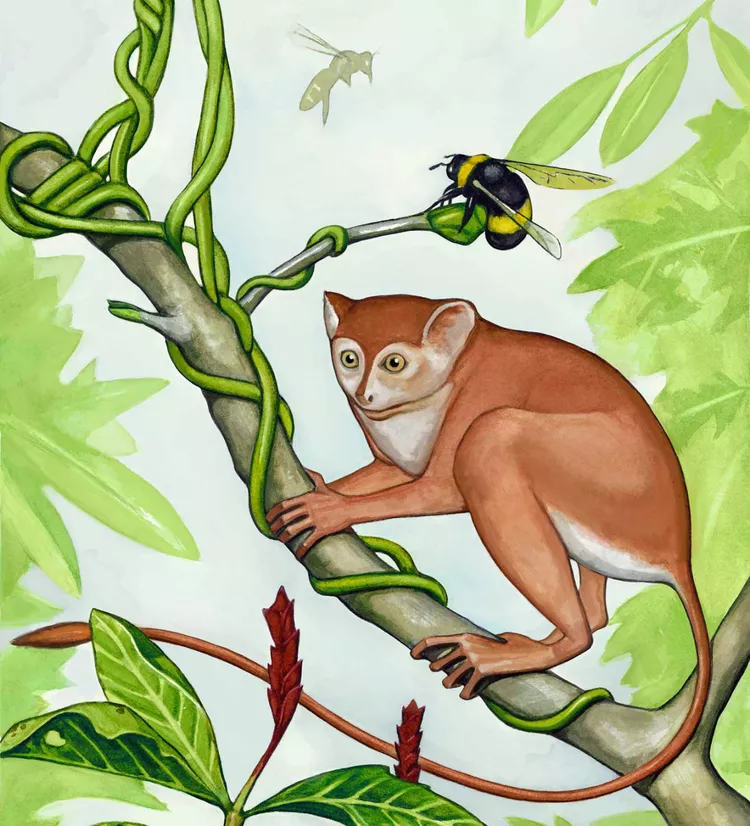
Likely an ancestor of monkeys, apes, and humans, Archicebus was a tree-dwelling primate that weighed less than a golf ball.
These tiny creatures may have been dwarfed by the titans of prehistory, but their evolutionary significance is immense. From feathered raptors to brainy mammals, they played vital roles in shaping life as we know it today.
Want more mind-blowing prehistoric facts like these? Follow our page for weekly deep dives into the wonders of natural history—big and small.
animal tags: Smallest Dinosaurs
We created this article in conjunction with AI technology, then made sure it was fact-checked and edited by a Animals Top editor.